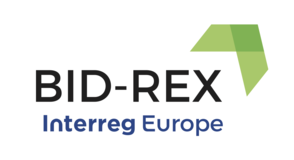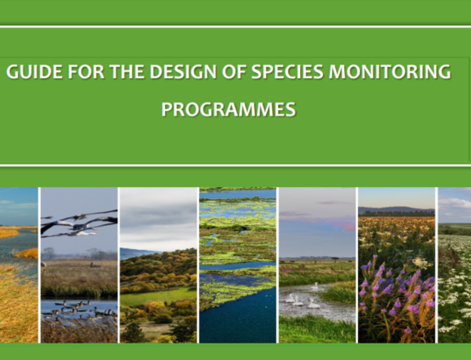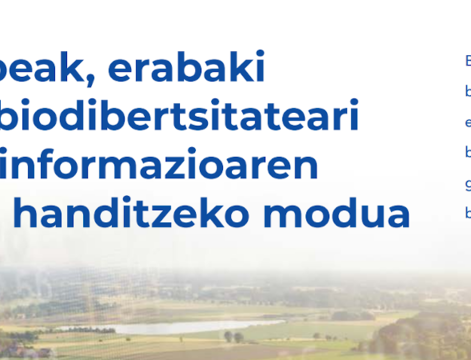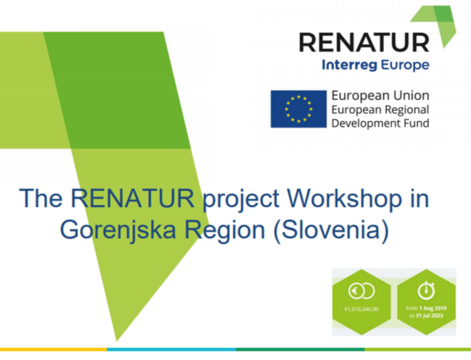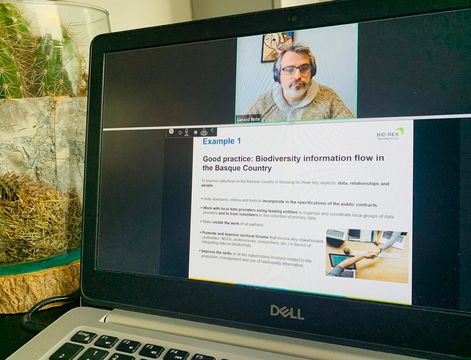Twenty four stakeholders from the public and private sector met to discuss the information needs of public authorities last month. Participants discussed the problems and opportunities in this area, and how the public and private sector could collaborate to address this.
The session began with presentations by the Basque Government to outline the project and to discuss the information needs of the administration.
Participant then exchanged views on the problems and opportunities around biodiversity data and decision-making, as well as opportunities for public and private sector collaboration. It was concluded that there are still gaps in the availability of information. The stakeholders proposed a range of actions and strategies to address the problem.
- Identify knowledge priorities and train groups of experts to help develop data quality indicators and control the quality of data.
- Data protocols should facilitate the confluence of data from different sources
- Redefine the idea of public data. Data financed with public resources must always be public by law
- Take advantage of public infrastructures and develop common spaces to centralise and interconnect information
- Where contribution of data is voluntary, this must be publicly recognised
- Long-term planning: changes in institutions are often accompanied by changes in priorities and strategies. Policy based on evidence requires strategic plans that give continuity to these processes, regardless of political cycles
- Awareness raising of the importance of the environment for daily life. We need to work with a more local perspective and promote citizen science
- Collaboration! This allows better use of information that already exists, improves transmission of data and facilitates the generation of new data. Create collaborative networks and learn about other practices, develop strategic forums (such as the one of the Basque Country) and facilitate relations to increase awareness and promote public-private collaboration.
